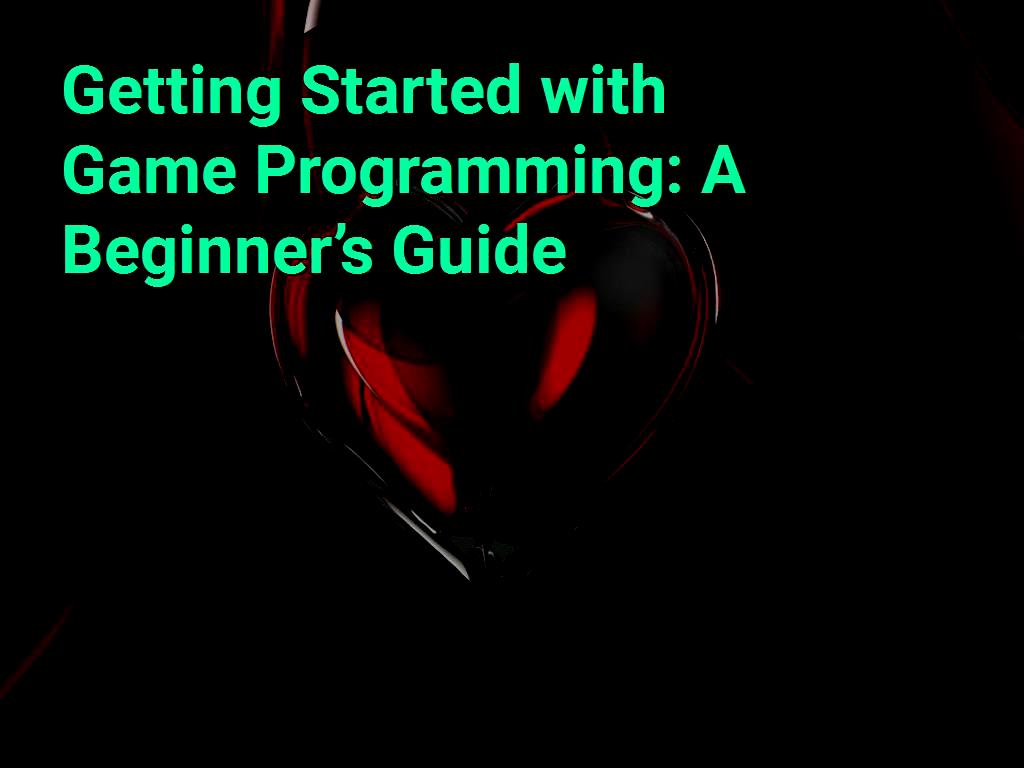Getting Started with Game Programming: A Beginner’s Guide
3 minute(s) read | Published on: Jul 28, 2025 Updated on: Jul 28, 2025 |
If you're new to game development, this guide will help you understand the core concepts and tools you'll need to get started.
1. What Is Game Programming?
Game programming refers to writing the code that makes a game run. It involves implementing mechanics like movement, physics, AI, collision detection, user input, and rendering graphics. Game programmers often work with game engines, such as Unity or Unreal Engine, to bring games to life.
2. Choosing a Programming Language
Most beginner-friendly engines use:
- C# (Unity)
- C++ (Unreal Engine)
- JavaScript (HTML5 games)
- Python (for simple prototypes and indie games)
For beginners, C# with Unity is a popular starting point due to its extensive documentation and large community.

3. Games Engines and Tools
Popular engines for beginners:
- Unity (2D and 3D, good documentation)
- Unreal Engine (AAA-quality visuals, more complex)
- Godot (lightweight, open-source)
- Construct / GameMaker Studio (no-code or low-code platforms)
4. First Game Ideas
Start small. Simple game ideas for beginners:
- Pong clone
- Brick breaker
- Platformer with basic movement
- Memory card game
These projects help you understand game loops, object-oriented programming, and basic asset handling.
5. Resources to Learn Programming
- Unity Learn
- Godot Docs
- Unreal Engine Academy
- YouTube channels like Brackeys, GameDevTV, and GDQuest
- Online platforms like Coursera, Udemy, and freeCodeCamp
Game programming is both challenging and rewarding. By learning the basics and staying consistent, you'll be able to create your own games and even build a career in game development.
Do you want to own a game? Click here!